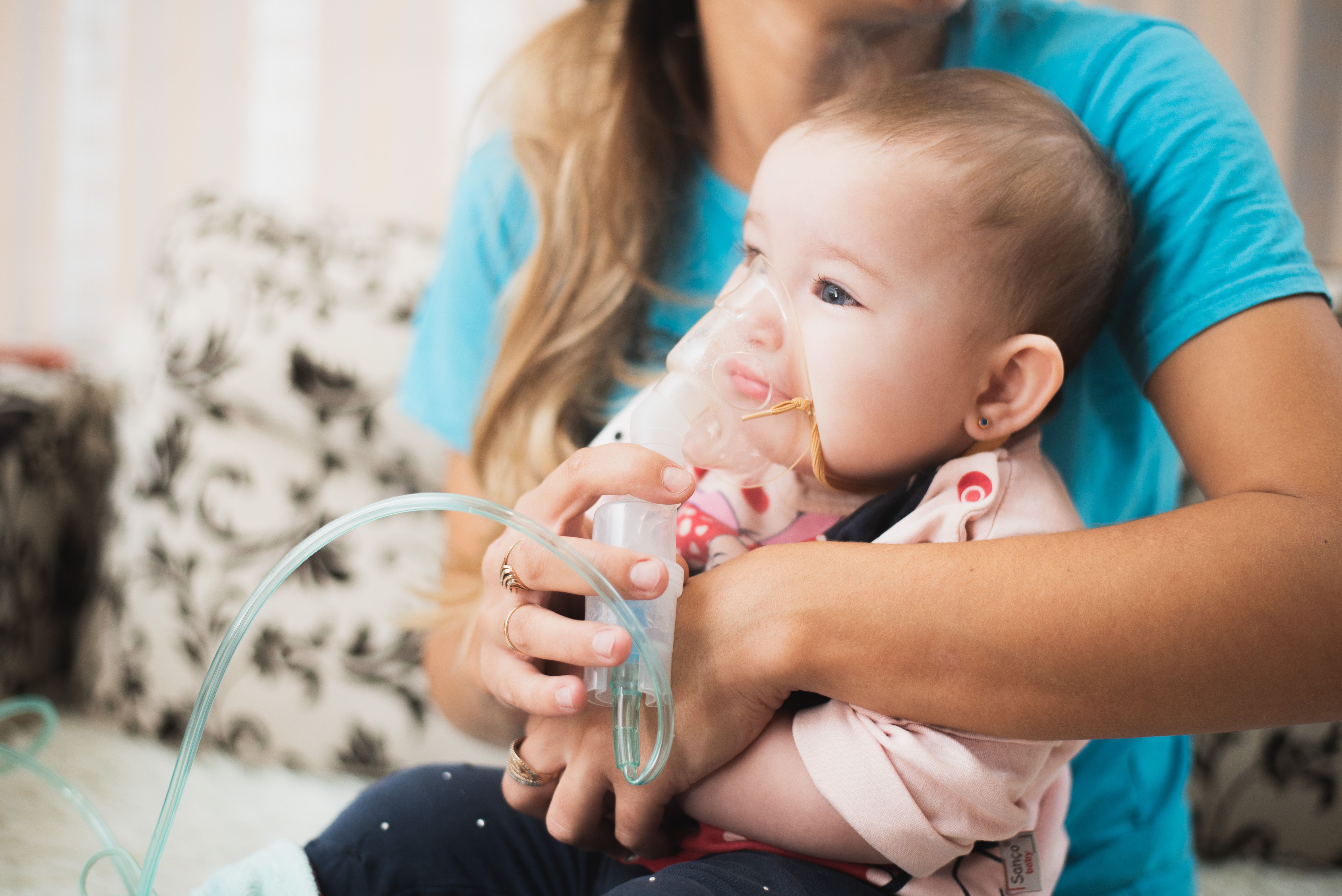- Center on Health Equity & Access
- Clinical
- Health Care Cost
- Health Care Delivery
- Insurance
- Policy
- Technology
- Value-Based Care
Nirsevimab Reduces Risk of RSV-Associated Bronchiolitis, Study Finds
The effectiveness of nirsevimab therapy shows promise against respiratory syncytial virus (RSV)–associated bronchiolitis in a real-world setting.
Nirsevimab therapy was found effective in reducing the risk of hospitalized respiratory syncytial virus (RSV)–associated bronchiolitis, according to one study.1

The prospective, multicenter, matched case-control study is published in The New England Journal of Medicine.
“This real-world study evaluating the effectiveness of nirsevimab within 3 months of nationwide implementation indicated that nirsevimab prophylaxis was effective against RSV-associated bronchiolitis leading to hospitalization among infants younger than 12 months of age, including those with severe cases that led to PICU [pediatric intensive care unit] admission and ventilatory support,” wrote the researchers of the study.
RSV is the leading cause of bronchiolitis, accounting for 3 million annual worldwide hospitalizations. Nirsevimab is a long-acting humanized monoclonal antibody that was recently granted fast track designation by the FDA for passive immunization of infants up to 24 months during their RSV season.2
In this study, the researchers aimed to estimate the effectiveness of nirsevimab therapy against hospitalization for RSV-associated bronchiolitis among infants younger than 12 months.1
Patients included in the study were younger than 12 month and had been hospitalized for RSV-associated bronchiolitis between October 15 and December 10, 2023. Patients were matched to control patients in a 2:1 ratio for age, date of hospital visit, and study center.
The primary outcome was the effectiveness of nirsevimab therapy against hospitalization for RSV-associated bronchiolitis using a multivariate conditional logistic-regression model with adjustments for confounders.
A total of 1035 infants were included in the study: 690 case patients and 345 matched control patients. Of these patients, 60 (8.7%) case patients and 97 (28.1%) control patients had previously received nirsevimab.
The estimated adjusted effectiveness of nirsevimab therapy against hospitalization for RSV-associated bronchiolitis was 83% (95% CI, 73.4%-89.2%). Additionally, effectiveness against RSV-associated bronchiolitis resulting in critical care was 69.6% (95% CI, 42.9%-83.8%) (14% of case patients vs 32.2% of control patients), and 67.2% (95% CI, 38.6%-82.5%) (14.3% of case patients vs 30.5% of control patients) against RSV-associated bronchiolitis resulting in ventilatory support.
The researchers acknowledged some limitations to the study. First, the study was observational in design and did not allow for causative conclusions. Second, the lack of polymerase chain reaction testing for RSV may have influenced the study results. Third, control patients were recruited among patients visiting pediatric emergency departments, whereas case patients were hospitalized. Fourth, the effectiveness of nirsevimab was assessed very early after the start of the national program, in which longer effectiveness of nirsevimab is needed.
Despite these limitations, the researchers believe the study findings suggest nirsevimab is effective in reducing the risk of RSV-associated bronchiolitis leading to hospitalization.
“This level of effectiveness was consistent across age groups,” wrote the researchers. “In addition, nirsevimab therapy was effective against the most severe forms of RSV-associated bronchiolitis—those leading to PICU admission and ventilatory support.”
References
1. Assad Z, Romain AS, Aupiais C, et al. Nirsevimab and hospitalization for RSV bronchiolitis. N Engl J Med. 2024;391(2):144-154. doi:10.1056/nejmoa2314885
2. FDA approves new drug to prevent RSV in babies and toddlers. News release. FDA. July 17, 2023. Accessed July 18, 2024. https://www.fda.gov/news-events/press-announcements/fda-approves-new-drug-prevent-rsv-babies-and-toddlers
